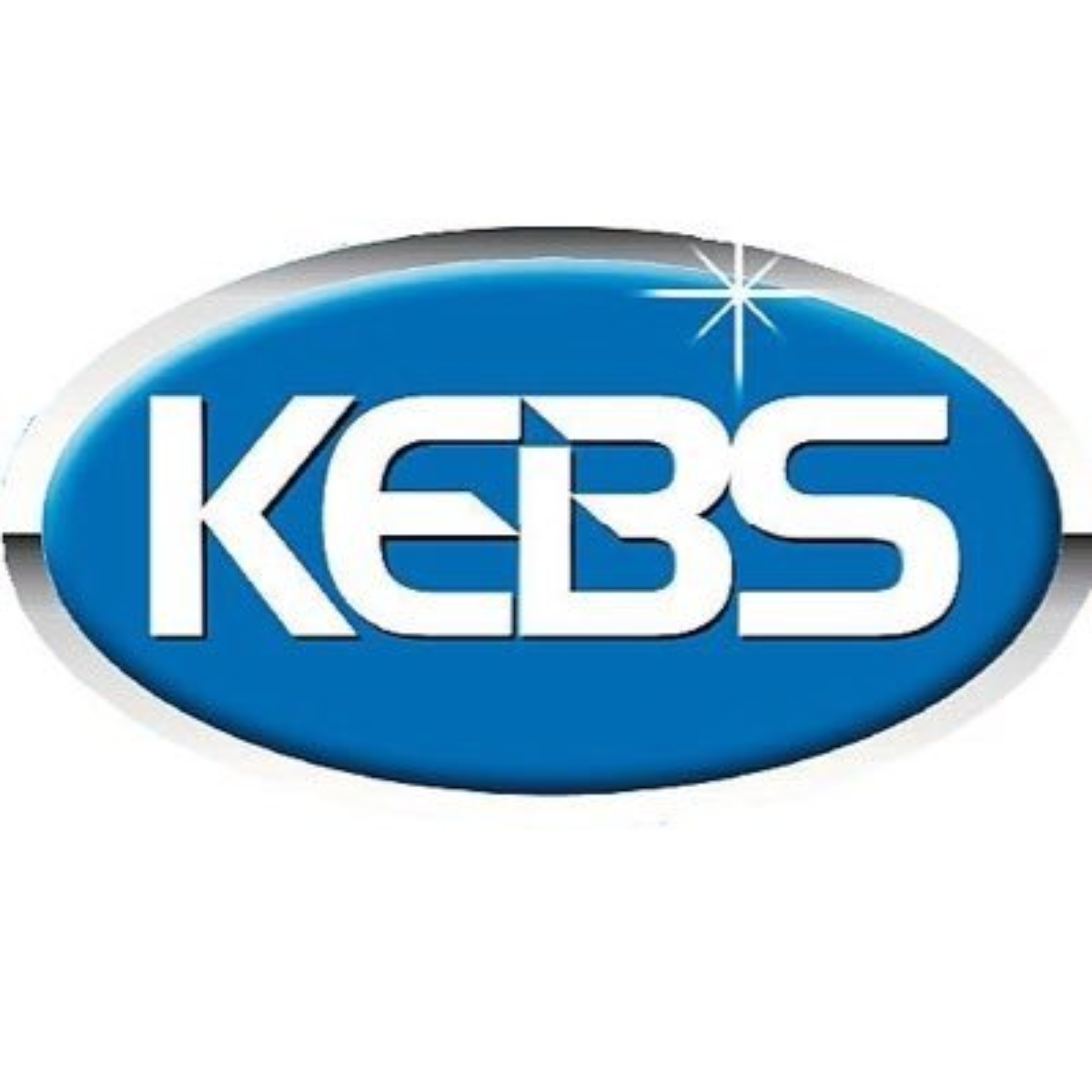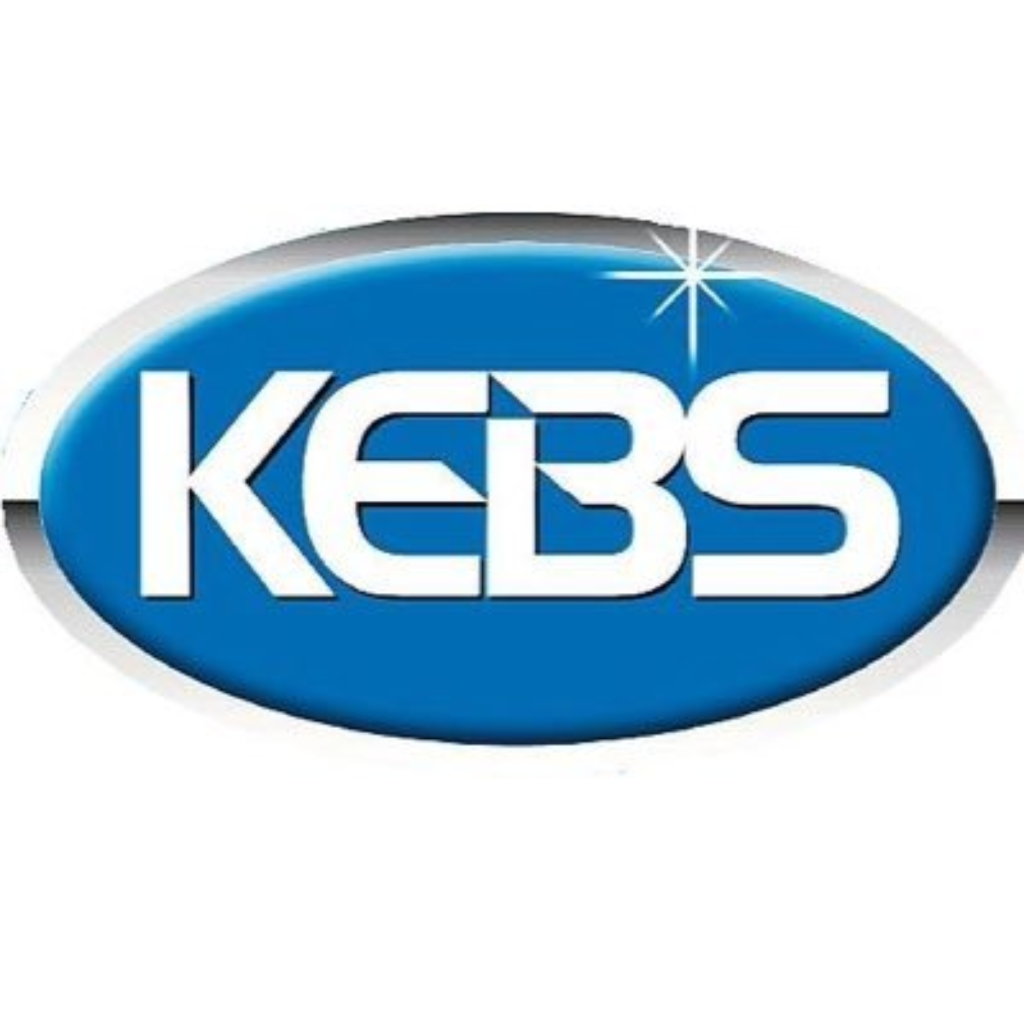- KEBS rejects non-compliant edible oil consignments, advises reshipment or destruction
- Tests reveal deviations in fat content, moisture, acid value, and impurities
- Investigation into inflated pricing and government-linked companies in edible oil procurement
In a letter dated 5th September, addressed to the Managing Director of the Kenya National Trading Corporation (KNTC), the Kenya Bureau of Standards (KEBS) firmly stated that the consignments have been rejected, and the importer is hereby advised to reship them back to the country of origin within 30 days from the date of this letter, failure to which they shall be destroyed at the importer’s cost.
According to KEBS, consignments with entry numbers 23MBAIM402473344, 23MBAIM403321628, and 23MBAIM403235943 were subjected to tests against the Kenya Standardization Specification for Fortified Edible Oils and Fats, revealing significant shortcomings. “The results established that the consignments failed to comply in Vitamin A and Insoluble Impurities,” the letter continued.
In its final report, KEBS detailed the deviations from standards. “For fat content, the Edible Oils exceeded the required amount by 0.47% by mass, containing 99.97 instead of the required 99.5. For moisture and matter volatile at 105°C, the oils subjected to test contained 0.03, while the required standard is 0.2.”
“The acid value of the edible oils measured, potassium hydroxide in milligrams was 0.12, whereas the required standard is 0.6. For the amount of peroxide oxygen per kilogram of oil, the Edible Oils contained 5.42, while the requirement is 10.”
“The examination also found that the imported oil contained 0.04 of insoluble impurities while the required standard is 0.05,” KEBS stated unequivocally.
Despite the KEBS study taking place in July, questions linger regarding the selective testing of consignments. “It is not clear why all the other consignments shipped in before July were not subjected to laboratory tests and why KEBS has not destroyed the oil as stated in its letter,” expressed concerns from industry observers.
Surprisingly, consignment number 23MBAIM402747001, exported by Multi Commerce FZC registered in Sharjah, UAE, was not subjected to tests, raising further questions about the consistency of regulatory procedures.
The importation of 125,000 MT of Edible Oil, aimed at reducing the cost of living, faced setbacks as it was revealed that the pricing of the consignment was inflated, making it uncompetitive.
Last week, the Directorate of Criminal Investigations (DCI) and the Ethics and Anti-Corruption Commission (EACC) interrogated top KNTC officials. The investigation stemmed from revelations that companies with government links were single-sourced to procure food and edible oils through KNTC, prompting concerns about potential irregularities in the procurement process.





























